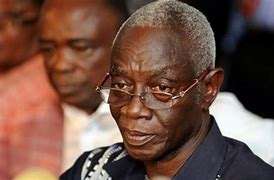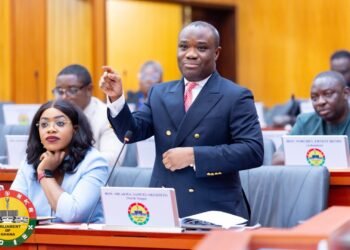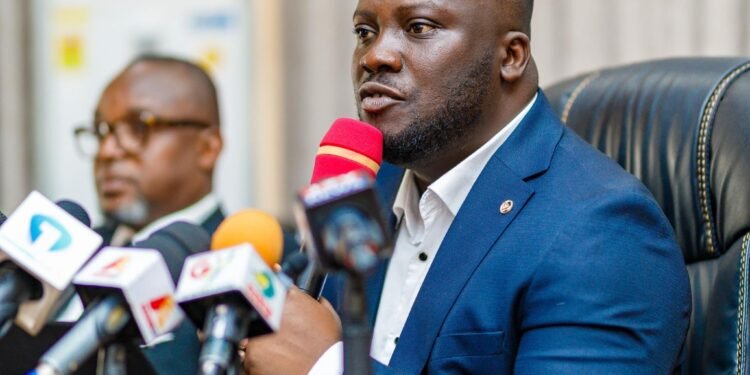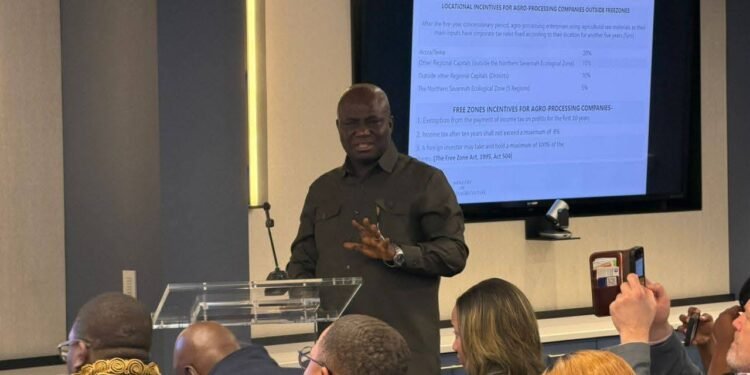Insufficient knowledge about elections and a lack of purposive interpretation of the law are identified by former Chair of the Electoral Commission (EC), Dr. Kwadwo Afari-Gyan, as two key factors that could lead judges to make unsound decisions in election cases.
Addressing the audience at the University of Professional Studies, Accra (UPSA) on Constitution Day, Afari-Gyan highlighted instances where judges, lacking expertise in electoral matters, inadvertently issued orders with unintended nationwide consequences.
He emphasized the importance of purposive interpretation of the law in election petitions, citing an example from his tenure at the EC. Afari-Gyan also discouraged reliance on street protests and media warfare for resolving electoral disputes.
Dr. Afari-Gyan argued that judges not well-versed in electoral matters may inadvertently issue orders that have unintended nationwide consequences. Citing an example, he recounted a case where a judge placed an injunction on district-level elections due to a lack of voter education in specific areas. The injunction, however, inadvertently covered the entire country, impacting thousands of electoral areas. Additionally, he highlighted a case where a judge ordered a vote recount but limited the opening of ballot boxes to the presence of agents from all four parties involved, causing complications as two parties were not interested in the recount.
“Likewise, a judge once ordered a recount of the votes in a disputed election result case, but also ordered that the ballot boxes could only be opened in the presence of the agents of all the four parties that were present at the initial count. As it turned out, the two parties not contesting the result were simply not interested in the recount and would not be present. In such situations, the EC has to get the decision varied by the same or another court before it can act.”
Dr. Kwadwo Afari-Gyan
Lack Of Purposive Interpretation Of The Law
The former EC Chair also discussed the lack of purposive interpretation of the law in full-blown election petitions, emphasizing the need for judges to consider the broader implications of their decisions. He shared an example where a citizen living abroad sought to register as a voter after the official registration period had closed. Despite the Electoral Commission’s explanation that registration was closed, the court ruled that the right to register to vote is a fundamental right, emphasizing the need for a purposive interpretation of the law.
“I like to spend a bit of time on this because it is not as self-explanatory as the previous one. To start with, let me give an example of what I consider to have been a purposive interpretation of the law when I was at the Electoral Commission.
“A Ghanaian citizen, then living abroad, once walked to the commission’s head office and said he wanted to register as a voter, so that he could vote in an election due to be held in about two months’ time. It was explained to him that voter registration officially closed more than a month back, so he would have to wait till the next registration time. Not satisfied, he took the commission to court and the court ruled that, under our constitution, the right to register to vote is a fundamental right and it is not within the remit of the electoral commission to decide when citizens can enjoy their fundamental rights.”
Dr. Kwadwo Afari-Gyan
Kwadjo Afari-Gyan cautioned against resorting to street protests and media warfare to resolve electoral grievances. He argued that such methods are not appropriate for achieving authoritative and binding conclusions and may result in human and property losses. Afari-Gyan expressed concerns about the difficulty in distinguishing between genuine and counterfeit media due to biased presentations in partisan media, indiscretions of some serial callers, and the irresponsible use of social media for political purposes.
The former EC Chair underscored the urgency of deciding election cases promptly, with exceptions only when the court genuinely lacks clarity on the appropriate action. He shared an example from Washington D.C., where a candidate was sworn into office before all overseas votes were counted. The court faced challenges in deciding the case, leading to a situation where the winner was officially sworn in but later displaced due to unresolved legal complexities.
Afari-Gyan also addressed concerns about corruption allegations against judges in election cases. While such allegations have been rare in Ghana, recent times have seen expressions of concern about the judicial function in elections. He discussed the concepts of the judicialization of elections and the politicization of the judiciary, emphasizing the interrelated nature of these issues. Afari-Gyan noted that judicialization begets politicization and vice versa, potentially influencing judges’ decisions based on political considerations. He emphasized the need for vigilance to ensure the judiciary remains impartial and independent in electoral matters.
READ ALSO: Global Info Analytics Tips Mahama To Win 2024 Elections























